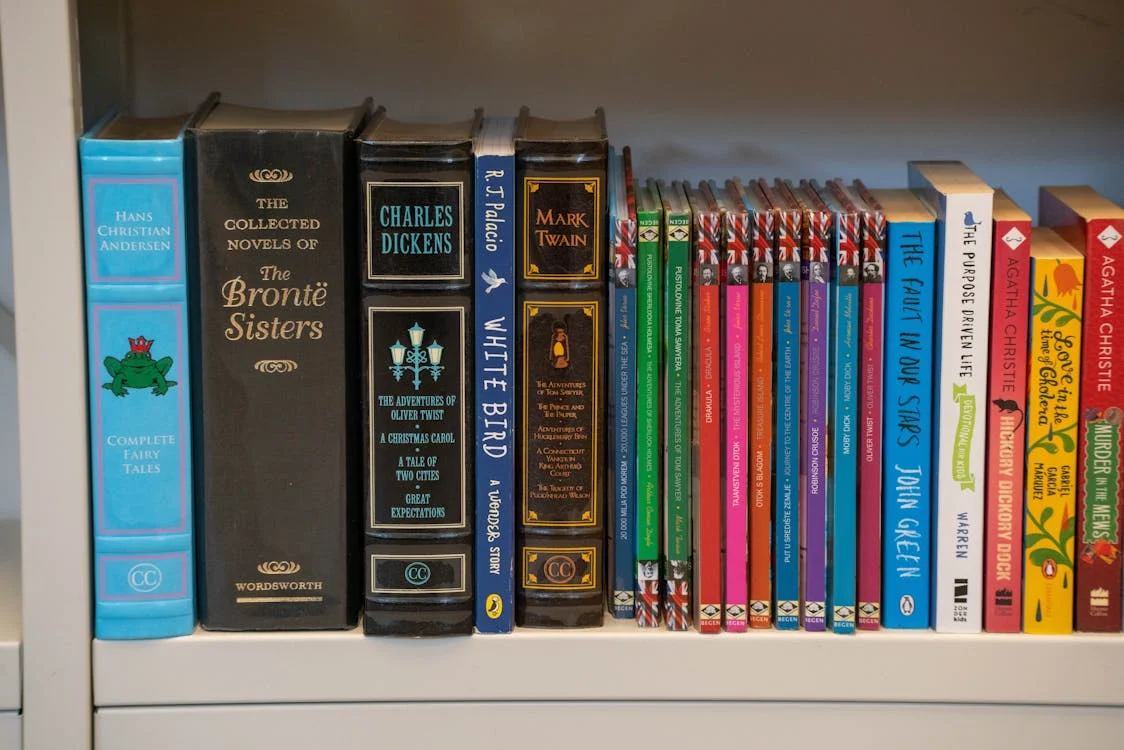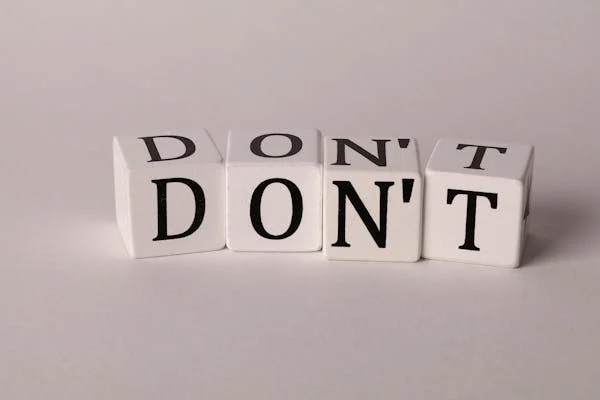
Explore the detailed guide to mastering ToK essays and exhibitions for 2025, with expert tips and insights.
What is the Theory of Knowledge (ToK)?

Theory of Knowledge (ToK) is a core component of the IB Diploma Programme. It encourages students to explore how we acquire knowledge and to reflect on the processes behind it. Rather than focusing on learning new facts, ToK asks you to think critically about how knowledge is constructed in areas such as science, history, ethics, and art. It also considers how different ways of knowing—like reason, emotion, and language—shape our understanding.
The ToK Essay: May 2025 Titles
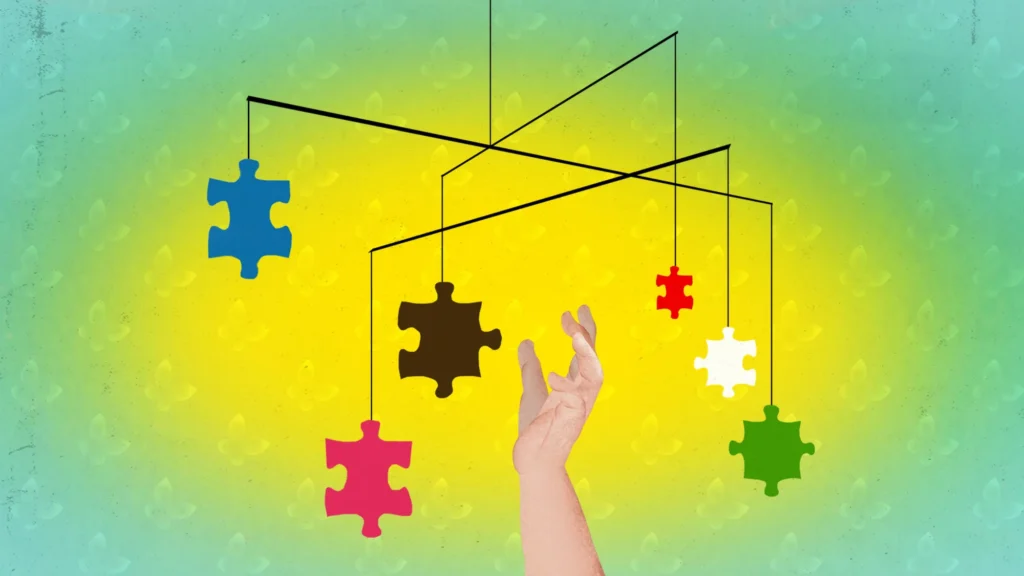
For the ToK essay, you will need to choose from six prescribed titles, each challenging you to examine knowledge issues through different Areas of Knowledge (AOKs) and Ways of Knowing (WOKs). These titles push you to analyze how knowledge is formed, challenged, or valued. Below are the titles for the May 2025 essay:
- “Are some types of knowledge more useful than others?”
- “Does the pursuit of knowledge always require a justification of methods?”
- “Do values shape how knowledge is produced?”
- “Can there be knowledge that is independent of language?”
- “Is bias inevitable in the production of knowledge?”
- “Does knowledge change over time or simply accumulate?”
Breaking Down the Titles

Title 1: “Are some types of knowledge more useful than others?”
This question asks you to compare the usefulness of different types of knowledge. While scientific knowledge might seem most practical (think medicine or technology), arts and history play essential roles in shaping societies and personal perspectives.
Example: While medical knowledge saves lives, historical knowledge helps prevent past mistakes from being repeated. Is one more useful than the other? It depends on the context.
Tip: Define “usefulness” from multiple angles—societal, ethical, or personal—to provide a comprehensive response.
Title 2: “Does the pursuit of knowledge always require a justification of methods?”
Here, you’ll explore whether methods of gaining knowledge always need to be justified. For instance, in science, methods must be thoroughly explained, but in art, does creativity need the same kind of justification?
Example: A scientific experiment requires methodical justification, while an artist may create intuitively without needing to explain their process.
Tip: Compare areas like science, where methods are rigorously justified, with others like art, where intuition may be sufficient.
Title 3: “Do values shape how knowledge is produced?”
This title explores how cultural, societal, and personal values influence the production of knowledge. Ethical considerations can impact scientific research, while historical narratives often reflect national or cultural values.
Example: Ethical values guide research in genetics, and cultural values shape which historical events we study.
Tip: Examine how values limit or influence knowledge production in different areas, such as science or history.
Title 4: “Can there be knowledge that is independent of language?”
This question asks whether knowledge can exist without language. While visual or mathematical knowledge might not need words, how do we share and interpret these ideas without language?
Example: Mathematical equations might seem independent of language, but we use words and symbols to explain them.
Tip: Consider areas like art or mathematics where language seems less necessary, but question whether true knowledge can exist without it.
Title 5: “Is bias inevitable in the production of knowledge?”
Every individual’s background, culture, and beliefs can introduce bias into knowledge production. While scientists aim for objectivity, even in their field, societal factors can influence the research questions they pursue.
Example: Historians often interpret events through their own lens, while scientists strive to reduce bias through peer review.
Tip: Investigate how bias affects different areas of knowledge and whether it can truly be eliminated.
Title 6: “Does knowledge change over time or simply accumulate?”
This title asks whether knowledge evolves or just builds on previous discoveries. In science, new knowledge often accumulates, while in history and ethics, our understanding may change entirely with new perspectives.
Example: Medicine builds on past discoveries, while historical knowledge may change with fresh interpretations of past events.
Tip: Show how knowledge evolves in some fields and accumulates in others. Discuss what drives these changes, such as new evidence or shifts in societal values.
Tips for Writing the ToK Essay

- Understand Your Title: Take time to fully comprehend your chosen title, thinking deeply about what it asks.
- Use Relevant Examples: Strong, real-world examples are crucial. They should connect directly to the AOKs you’re discussing and support your argument.
- Stay Structured: Begin with a clear introduction, organize your ideas logically, and end with a strong conclusion.
- Balance Perspectives: Acknowledge complexity by considering multiple viewpoints or counterarguments.
- Add Personal Insight: Don’t hesitate to draw on your own experiences where appropriate.
The ToK Exhibition
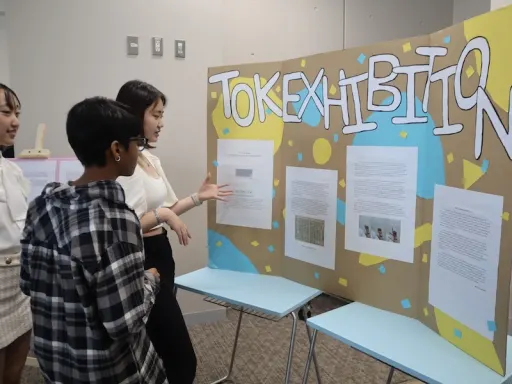
Alongside the essay, the ToK exhibition is an important component. It requires you to select real-world objects and relate them to a specific prompt. For example, you might choose a news article, a piece of art, or a scientific tool, and connect it to a ToK question like “What counts as knowledge?”
Tips for the Exhibition:
- Choose Objects Carefully: Ensure your objects clearly connect to the knowledge question you’re exploring.
- Explain the Connection: Be concise and clear about how each object ties into your chosen prompt.
- Creativity Is Good, But Relevance Is Key: Choose objects with real-world relevance and meaning to the topic.
General ToK Tips
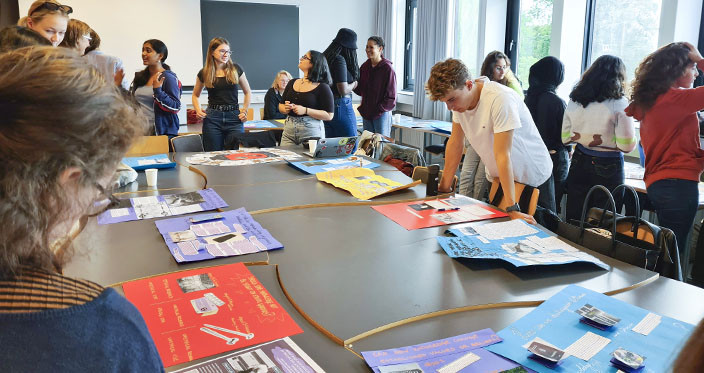
- Engage with Core Questions: Always return to the central ToK questions—”How do we know?” and “What counts as knowledge?” These should guide both your essay and the exhibition.
- Stick to the Word Limit: For the essay, keep to the 1,600-word limit. Each paragraph should contribute directly to your argument.
- Seek Feedback: Before submitting, ask for feedback from teachers or peers. It will help you identify areas for improvement.
- Reflect on Your Learning: Since ToK is reflective, consider how your own experiences influence your understanding of knowledge.
By carefully analyzing the titles, selecting strong examples, and applying critical thinking, you’ll be able to excel in both the ToK essay and exhibition. Remember, ToK is less about finding the “right” answer and more about presenting well-supported arguments.
Need extra support? Young Scholarz can help! We offer expert guidance to equip you with the tools for academic success. Whether you need help with skill development, literature analysis, or exam prep, our team is here to support your learning journey. Follow us on Instagram: @youngscholarz for tips and updates.


